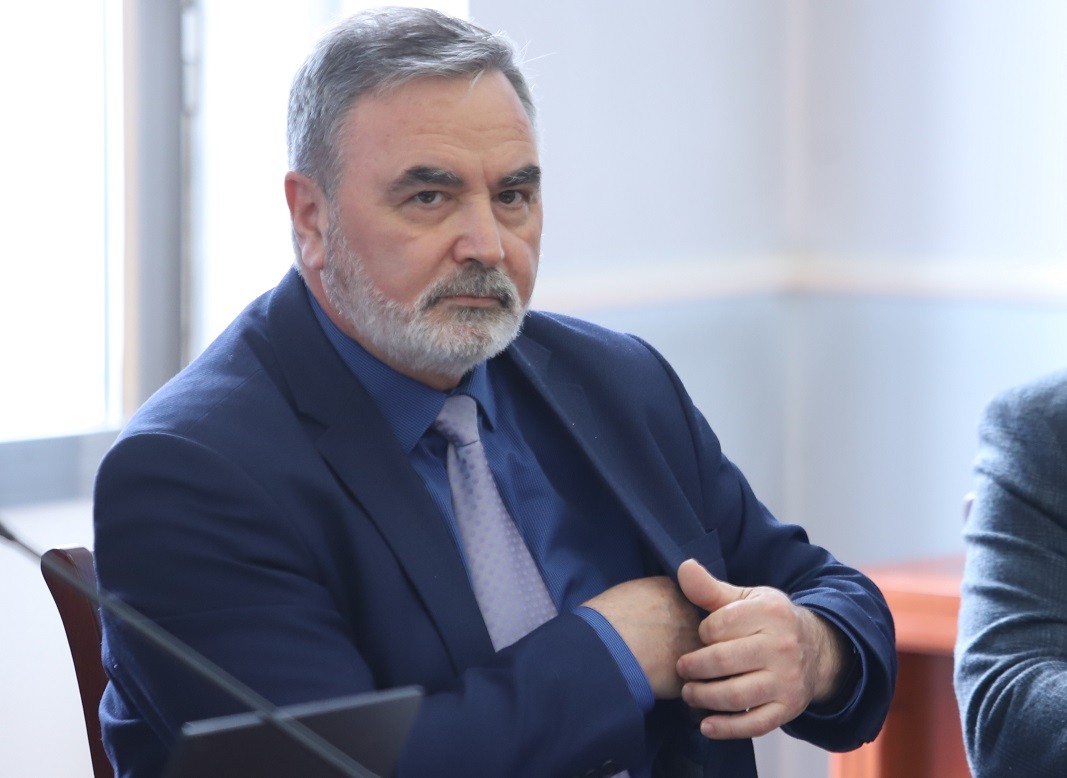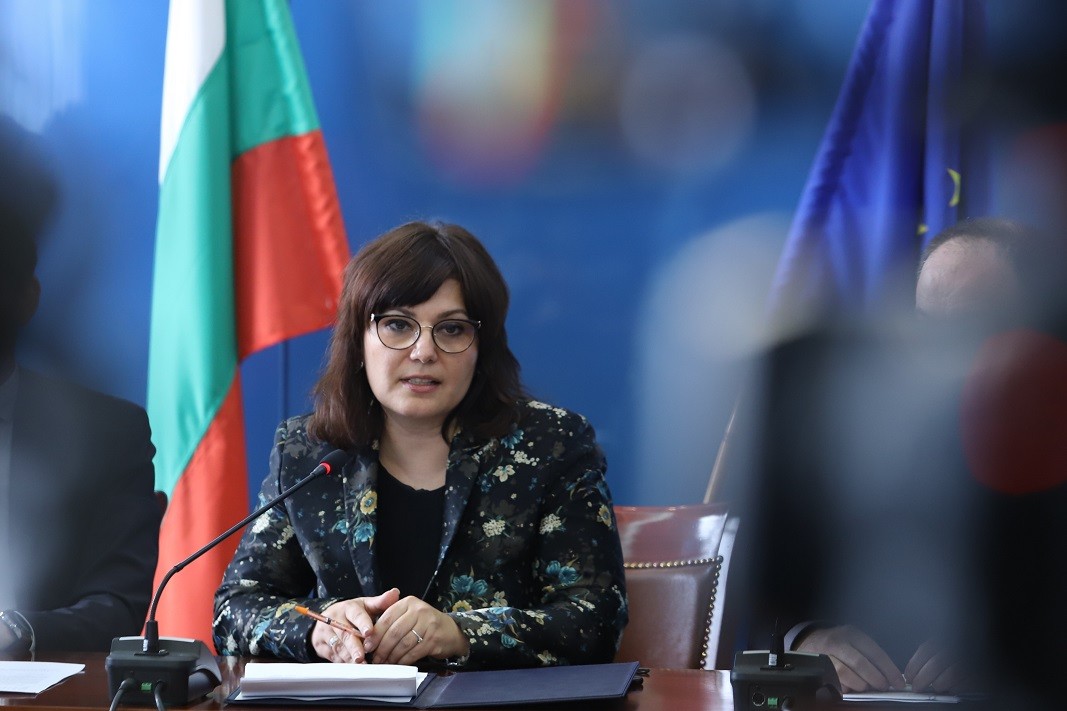Bulgaria is dropping most anti-epidemic measures on April 1. Following long expert discussions, the Council of Ministers has decided to cancel the emergency epidemic situation in the country. What does that mean?
Masks and physical distance are no longer legally required in public places. There are no more restrictions on the number of people visiting certain indoor places. The restrictions regarding the in-person training have been lifted as well. Bans on visits to hospitals and social services have been abolished as well. However, people will still be required to present an EU Digital Covid certificate, a negative PCR or antigen test at the border crossings.
According to a poll of Gallup International, conducted in March, nearly 70% of Bulgarians support the introduction of softer measures and only 20% contend that the previous restrictions must remain in place. “Saying that the pandemic is over would be premature”, Bulgaria’s Chief State Health Inspector Dr. Angel Kunchev said at a briefing in the Ministry of Health.

Meanwhile, Angel Kunchev admitted that together with Romania, Hungary and Poland, Bulgaria has the lowest incidence rate in the EU. However, the end of the emergency epidemic situation does not mean that the coronavirus epidemic is over, Angel Kunchev warned. In his words, only the World Health Organization can call an end to the pandemic. Despite the positive trend in Bulgaria, people should continue to comply with some restrictions, Associate Professor Kunchev noted in an interview for the Bulgarian National Television:
“It is important to do it smartly, so that we do not have to re-introduce some anti-epidemic measures. In some countries like Austria, coronavirus morbidity is 11 times higher than in Bulgaria. That is why we should ease the anti-epidemic measurers carefully. Slightly more than 2 million Bulgarians are vaccinated. 1.5 million Bulgarians have had Covid-19. There is also hidden morbidity. Say that around half a million people have had Covid-19, although they are not part of the official statistics. This makes a total of 4 million people. However, Bulgaria’s population is between 6.5 and 7 million. That is why we should stay alert. We have not given up vaccination campaign either.”
Bulgaria’s Minister of Health Professor Asena Serbezova is of the same opinion. The health authorities will continue monitoring the developments, said Minister Serbezova.

“Covid-19 is still here. It is not such a problem for our health system, as it was in the beginning of the pandemic, but we must treat it adequately. We must loosen some anti-epidemic measures, but at the same time we need to continue behaving responsibly. We comply with the restrictions in the name of life. People are not deprived of rights and liberties. It is not a public humiliation. Stay healthy, be responsible and take care of others.”
Currently, the National Assembly is discussing amendments to the Health Act, which will allow the country’s Minister of Health to introduce new national measures. The heads of the Regional Health Inspectorates will be able to introduce new measures at the regional level. However, the authorities will not be able to introduce travel bans. The information campaign on the benefits of vaccination against Covid-19 continues.
English version: Kostadin Atanasov
Photos: BGNESConcert in North Macedonia turns into tragedy A nightclub fire tragedy left North Macedonia in grief. A concert by the popular hip-hop group DNA, which was supposed to become a celebration in the small town of Kočani, turned into a true..
Scotland is known as "The Land of the Brave" and recognized as the "Homeland of the Bagpipe". An instrument that carries the soul of Bulgarian folklore in its sound. According to unofficial data, the "brave" Bulgarians who are building a life in this..
Bulgaria participates in the Global Money Week initiative for yet another year. Global Money Week is an annual global awareness-raising campaign to ensure that young people, from an early age, are financially aware, and are gradually acquiring the..
In 2024, Bulgaria has 15,737 foreign students, making up 8.6% of all current students in the country. By comparison, this share has doubled over the..
The eagerly-awaited Tulip Parade at the University Botanical Garden in Balchik is at its peak. This year’s parade includes more than 45,000 bulbs,..
Divers will clean the seabed around the port of Sozopol today, reports BTA. "Since 2018, we have been doing the cleaning, completely voluntarily, with..

+359 2 9336 661
